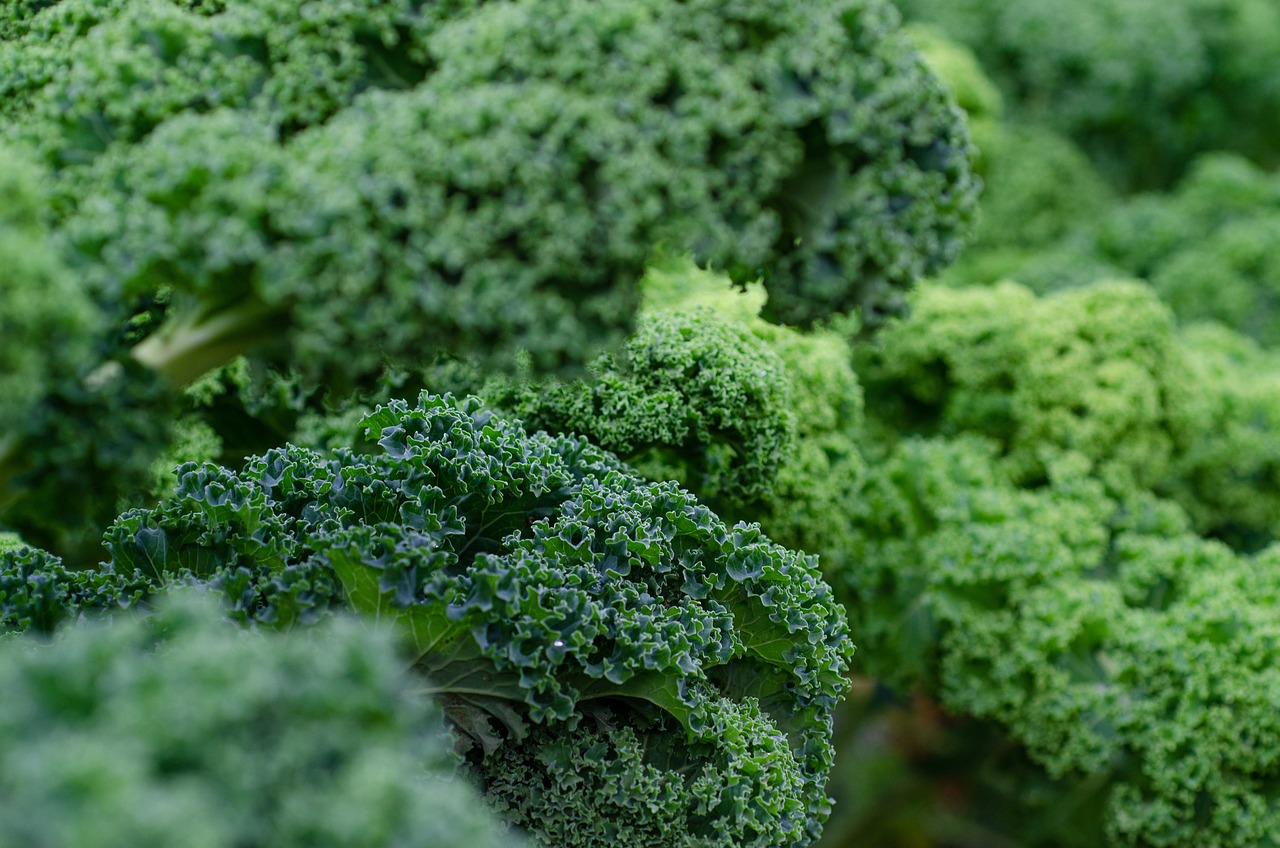Introduction:
Folate, also known as vitamin B9, is a crucial nutrient that plays a vital role in various bodily functions. In this article, we will explore why folate is important for overall health and highlight five foods that are excellent sources of this essential vitamin.
The Importance of Folate:
Folate is involved in numerous biological processes and offers several health benefits. Here are some key reasons why folate is important:
1. DNA Synthesis and Cell Division:
Folate is essential for the synthesis and repair of DNA, the genetic material in our cells. It plays a critical role in cell division, growth, and development, making it particularly important during periods of rapid growth, such as pregnancy and infancy.
2. Red Blood Cell Formation:
Folate is necessary for the production of red blood cells. It works in conjunction with vitamin B12 to form healthy red blood cells and prevent a type of anemia called megaloblastic anemia.
3. Neural Tube Development:
Adequate folate intake is crucial for proper fetal development, especially during the early stages of pregnancy. Sufficient folate levels can help prevent neural tube defects, such as spina bifida, in the developing fetus.
4. Heart Health:
Folate plays a role in maintaining cardiovascular health. It helps metabolize homocysteine, an amino acid that, when present in high levels, is associated with an increased risk of heart disease. Adequate folate intake may help reduce the risk of heart-related issues.
5. Mental and Emotional Well-being:
Folate is involved in the production of neurotransmitters such as serotonin, dopamine, and norepinephrine, which play key roles in mood regulation. Adequate folate levels are important for maintaining mental and emotional well-being.
Top 5 Foods Rich in Folate:
Including folate-rich foods in your diet is essential for meeting your nutritional needs. Here are five foods that are excellent sources of folate:
1. Dark Leafy Greens:
Vegetables like spinach, kale, collard greens, and broccoli are rich sources of folate. They can be enjoyed in salads, stir-fries, smoothies, or as a side dish.
2. Legumes:
Beans, lentils, chickpeas, and peas are high in folate. They are versatile ingredients that can be incorporated into soups, stews, salads, and main dishes.
3. Citrus Fruits:
Citrus fruits such as oranges, grapefruits, and lemons contain significant amounts of folate. They make refreshing snacks, and their juice can be used in dressings, marinades, or as a flavor enhancer.
4. Avocado:
Avocado is a nutrient-dense fruit that provides a good amount of folate. It can be enjoyed sliced on toast, added to salads, or used as a creamy ingredient in various recipes.
5. Asparagus:
Asparagus is a vegetable that is not only delicious but also a great source of folate. It can be roasted, grilled, steamed, or added to pasta dishes and salads.
Conclusion:
Folate is a vital nutrient that plays a crucial role in DNA synthesis, cell division, red blood cell formation, neural tube development, heart health, and mental well-being. Including folate-rich foods such as dark leafy greens, legumes, citrus fruits, avocado, and asparagus in your diet is essential for maintaining adequate levels of this important vitamin. However, if you have specific dietary restrictions or concerns, it is advisable to consult with a healthcare professional or registered dietitian to ensure your nutritional needs are met.
References:
1. National Institutes of Health. (2021). Folate. Retrieved from https://ods.od.nih.gov/factsheets/Folate-Consumer/
2. U.S. Department of Agriculture. (2021). FoodData Central. Retrieved from https://fdc.nal.usda.gov/
3. Harvard T.H. Chan School of Public Health. (n.d.). Folate. Retrieved from https://www.hsph.harvard.edu/nutritionsource/folic-acid/
4. WebMD. (2021). Folate (Folic Acid). Retrieved from https://www.webmd.com/vitamins/ai/ingredientmono-1017/folate-folic-acid










